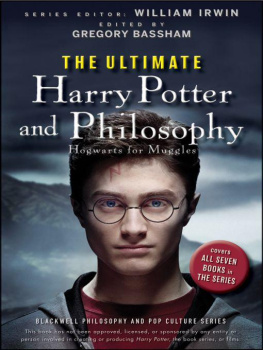
Fan CULTure
Essays on Participatory Fandom in the 21st Century
Edited by Kristin M. Barton and Jonathan Malcolm Lampley
Foreword by Stephen J. Sansweet

McFarland & Company, Inc., Publishers
Jefferson, North Carolina, and London
LIBRARY OF CONGRESS CATALOGUING DATA ARE AVAILABLE
BRITISH LIBRARY CATALOGUING DATA ARE AVAILABLE
e-ISBN: 978-1-4766-0459-6
2014 Kristin M. Barton and Jonathan Malcolm Lampley.
All rights reserved
No part of this book may be reproduced or transmitted in any form or by any means, electronic or mechanical, including photocopying or recording, or by any information storage and retrieval system, without permission in writing from the publisher.
On the cover: Adam Baldwin, Alan Tudyk, Nathan Fillion and Gina Torres on the set of the 2002 television series Firefly (Fox/Photofest)
McFarland & Company, Inc., Publishers
Box 611, Jefferson, North Carolina 28640
www.mcfarlandpub.com
For Joss Whedon, George Lucas, R.A. Salvatore, Gene Roddenberry, Matt Groening, Mitch Hurwitz, and everyone else who has created something that Ive obsessed over at one point or another.
And Gina, who Im also a fan of.
KMB
For Forrest J Ackerman (19162012), Uncle Forry to generations of Monster Kids and an inspiration for fans and collectors everywhere.
JML
Foreword
Stephen J. Sansweet
Before geek culture conquered the world, we fans were a misunderstood lot. It wasnt that long ago thatafter having been a journalist for 30 yearsI sat through interviews around the world where I was called a nerd, fanatic, loony, cultist, nutter, or even anorak, British slang that turned the typical hooded parka worn by trainspotters into a somewhat derogatory term for obsessive fans. (Granted, folks who spend hours on windy train platforms to jot down the times and details of passing trains might seem a bit compulsive to some.) My response was usually to compare myself to the most ardent fans of whatever the top sport was in that particular country.
Fandom today is all about popular culture, mass media, and the ability to instantly connect with like-minded otherssomething that couldnt have been imagined when science-fiction and comic book fans first started small get-togethers in the 1930s. Fandom got a brief moment in the media spotlight in the late 1960s due to a letter-writing campaign to NBC by Star Trek fans, acting on rumors that the series would be killed after just two seasons on air.
But Id make a strong case that it was the 1977 release of Star Wars that jump-started geek culture in the last decades of the 20th century. Youd probably expect me to say that since I was head of fan relations for Lucasfilm Ltd. for 15 years starting in 1996, and remain fan relations adviser. Ive seen geeks reclaim that word as proud affirmation of their strength (and buying power) after decades of being sneered at and kept on the sidelines.
Im proud to have been on the forward edge of this new fandom. I grew up at the dawn of the Space Age, and my fascination with that combined with my life-long love of science fiction (from authors such as Asimov and Heinlein to cheesy TV shows like Tom Corbett, Space Cadet) seems to have made my path somewhat predictable. In late 1976, I was a reporter in the Los Angeles bureau of The Wall Street Journal when I started collecting space toys like 1960s Japanese battery-operated robots and versions of real-world rockets and space capsules. With the exception of three seasons of Star Trek on TV and 2001: A Space Odyssey, neither considered financially successful, there had been little in the mass media to get me excited.
And then along came George Lucas and his space opera, a Western set amidst the stars, a fantasy that didnt obey the rules and restrictions of hard science fiction. And I was hooked. I got to see it10 days before the movie opened and the hype explodedin a theater on the back lot of 20th CenturyFox; it was filled with local journalists and their kids.
Unlike todays tent-pole movies, there wasnt much merchandise in advance of the film or even for months after as its popularity swept the U.S. and then overseas. It was truly a case of products chasing pent-up demand as Star Wars basically launched the business of licensing motion pictures. The strong desire to take something Star Wars home with you, and having to wait, seemed to make what was available even dearer. When small action figures and vehicles finally started appearing more than nine months later, kids finally had a way to recreate scenes from the film and make up new ones. Home video was still several years in the future. I started buying the merchandise as part of my growing space toy collection; eventually, it became my sole focus.
While Star Wars had been below the radar for most, including those who booked movies into theaters, a fan community starved for something unique and cool had already been let in on the secret. Out of desperation and inspiration Charley Lippincott, Lucasfilms head of marketing, publicity, and merchandising, and a comic book and sci-fi geek himself, brought photos and even props and costumes to several fan conventions the year before the movies release. A paperback novelization of the story, released in November 1976, sold out all 500,000 copies. And Marvel comics had released the first three of its six movie adaptation issues prior to the May 25, 1977, opening. The target audience knew, and those early lines around the block ignited a media firestorm.
That outreach to, and inclusion of, the fan community became part of Lucasfilms DNA decades before Hollywood studios caught on. There was an internally-run fan club and newsletter, giveaways and contests, and active communications between company representatives and fans. Soon after Return of the Jedi was released in 1983, that all faded away. It wasnt until Lucasfilm was getting ready to release the Special Editions of the original trilogy before launching the prequel movies that the fan machinery kicked into gear again.
I had a head start. Besides the continuing growth of my Star Wars collection, I had interviewed George Lucas for a column in the Journal on the 10th anniversary of the first movies release. In the early 1990s, Lucasfilm started a publishing unit and I heard that it planned to do a collectibles price guide. I made a cold call and basically said that if anyone were to do such a book, it should be me. And you are...? I was asked. But that call led to my first Star Wars book; to date there have been fifteen more. The QVC home shopping network had me as a guest on one of its Star Wars collectibles shows, and I ended up as co-host for the next six yearsmore than 60 hours live.
Id been Los Angeles bureau chief at the Journal for nearly nine years, and it was time to move on. So when I got a call from Lucasfilm soliciting advice as to who they could hire for a guaranteed one-year-only job at minimal pay to go to a bunch of fan conventions and let fans in on some of the secrets of the Special Editions, naturally I took the plunge. I took mythologist Joseph Campbells advice: Follow your bliss. I never left the payroll.
I looked at myself as being Lucasfilms representative to fansbut just as important, fandoms representative inside Lucasfilm. This wasnt a once a year, lets set up a booth and have a celebrity panel at San Diego Comic-Con International kind of thing. Rather it was lets make our fans as happy as possible, and if we cant do something or theres a bothersome issue, lets explain why. Getting corporate buy-in on a newly formed group wearing
Next page
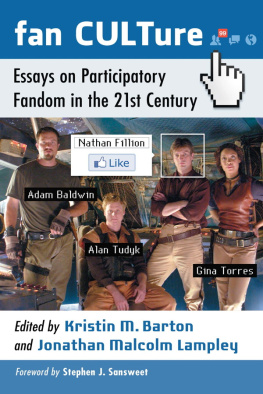

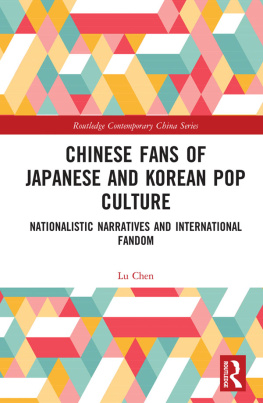
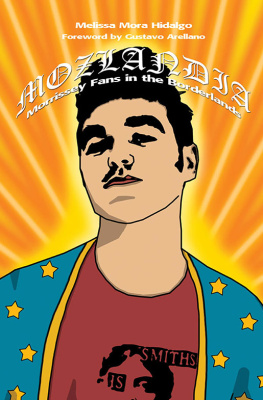
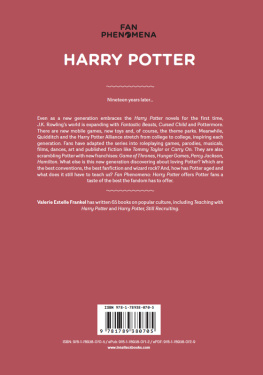
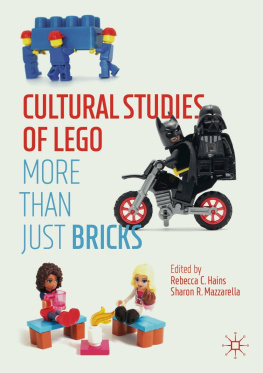
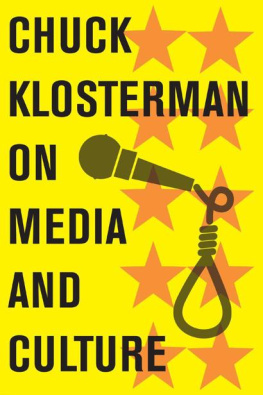
![Matt Cardin - Horror Literature Through History [2 Volumes]: An Encyclopedia of the Stories That Speak to Our Deepest Fears](/uploads/posts/book/119545/thumbs/matt-cardin-horror-literature-through-history-2.jpg)
